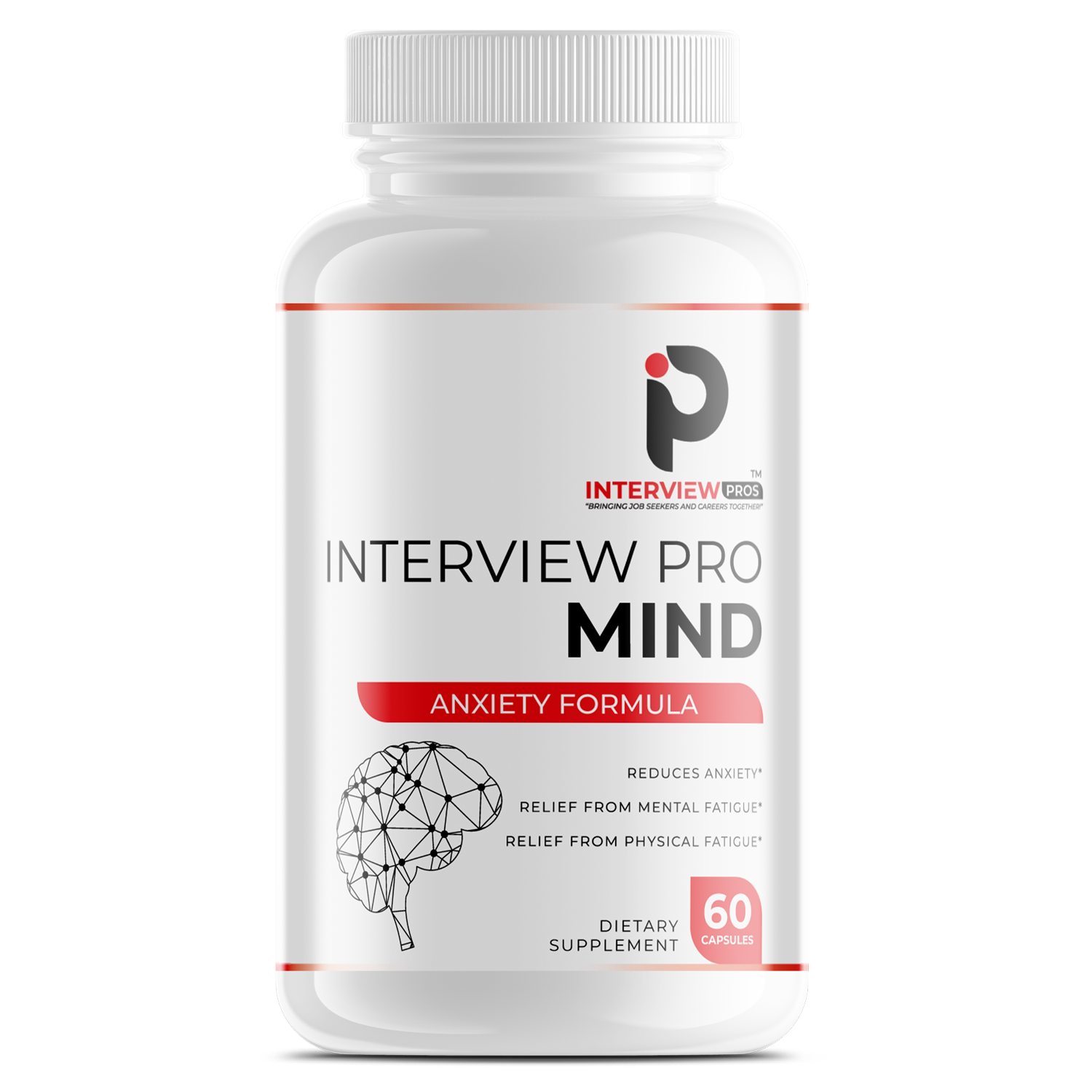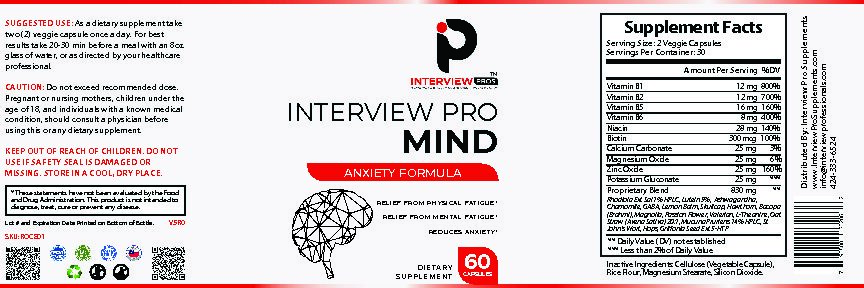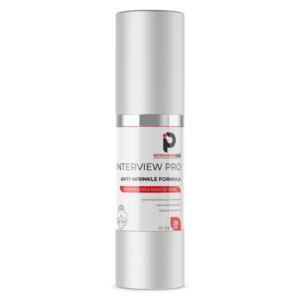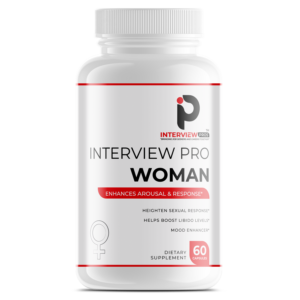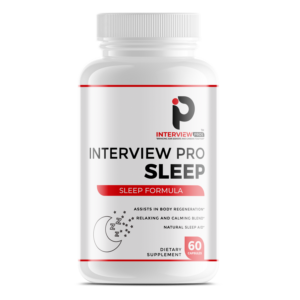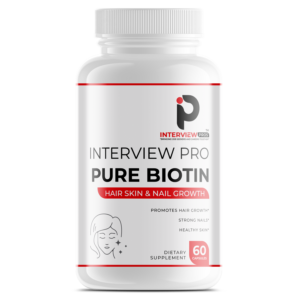| Formula Ingredient Deck |
Benefits Of Each Ingredient |
| Calcium Carbonate |
- Supports bone health, muscle function, and cardiovascular health (36,37).
- Regulates processes of bone resorption, mineralization, and fracture repair (36,37).
- Increases the effect of physical exercise on bone mineral acquisition in the period preceding puberty (36,37).
- Prevents the development of preeclampsia (36,37).
|
| Vitamin B1 |
- Supports aerobic energy metabolism (oxidative phosphorylation), cell growth, optimal neuronal conduction (nerve impulses), and cardiovascular health (94).
- Supports cardiovascular function and aids as a neuroprotective agent in individuals with vitamin B-1 deficiencies (94, 95).
|
| Vitamin B2 |
- Supports the conversion and activation of other B vitamins, red blood cell production and serves as a cofactor for both glucose and fat metabolism (energy production) (92,93).
|
| Vitamin B5 |
- Supports energy production, cell growth, cell repair, cognitive function, increased hippocampal volume (memory), and optimized bioenergetics (burning of carbohydrates, fat, and protein) (96).
|
| Vitamin B6 |
- Serves as a cofactor in more than 150 enzymatic reactions associated in blood sugar regulation, immunity, cardiovascular function, neuronal health, metabolic, and digestive health (38, 40).
- Reduces plasma glucose (blood sugar levels) via by inhibiting the activity of small-intestinal α-glucosidases (enzymes associated with glucose metabolism) (39).
- Functions as an antioxidant by counteracting the formation of reactive oxygen species (inflammatory markers) and advanced glycation end-products (38,40).
- May support blood sugar regulation in women with gestational diabetes (40).
- Cofactor for enzymes involved in DNA metabolism (40).
|
| Vitamin B3 (Niacin) |
- Major B vitamin that supports cardiovascular health by inhibiting hepatic(liver) triglyceride synthesis, reducing very-low-density lipoprotein (VLDL) secretion and increasing HDL plasma concentrations (9).
- Reduces conversion of VLDL into LDL proteins and serum lipoprotein concentrations in plasma (blood) (9).
- Vital for regulation of gene expression, cell cycle progression, DNA repair, and cell death (9).
- Supports healthy inflammatory response via antioxidant and anti-apoptotic (prevention of cell death) properties (9).
- Prevents pathologies(diseases) such as Pellagra and reduces the prevalence of nervous anorexia, cancer, and Crohn’s disease (10, 11).
- Supports sensitization of tumors to radiation via apoptosis (cell death) cascade of tumor mass and improves oxygen delivery to malignant tissues (cancer cells) (12).
- Supports cognitive health by reducing age-related decline of NAD+, increasing quinolinic acid and reducing neuroinflammation (9).
- Increased niacin-associated NAD+ levels have been shown to increase neurotransmission, learning, and memory (9).
- Niacin reduces the prevalence of neurodegenerative pathologies by preventing mitochondrial dysfunction (9).
|
| Biotin |
- Supports the conversion of food into cellular energy, hair health, skin health, and cognitive function (213,214).
- Enhances glucose breakdown into skeletal muscle tissue (213,214).
|
| Potassium |
- Supports reduced blood pressure in hypertensive patients and improves hydration in individuals with low potassium levels (262).
|
| Magnesium |
- Supports optimal nerve function, muscle contractions, cardiovascular, bone health, and decreased anxiety (90,91).
- Supports biological reactions such as ATP-fueled reactions and pancreatic insulin secretion (90,91).
- Supports the reduction of systolic blood pressure, fasting glucose, triglycerides, and healthy HDL levels (90,91).
- Reduces peripheral cortisol levels in the CNS and supports relaxation and decreased anxiety (90,91).
|
| Zinc |
- Supports immune function, skin health, cognitive function, and vision (172,173).
- Supports the stimulation of the innate and adaptive immune system (172,173).
- Supports the activation of lymphocytes and activation of innate and T cell-mediated immunity (172,173).
- Supports cognitive function by modulation of neuronal signaling in areas of the brain associated with memory and learning (hippocampus) (172,173).
|
| Rhodiola |
|
| Lutein |
- A carotenoid that supports vision health, immune health, cardiovascular health, and combats diabetic retinopathy (155,156).
- Supports increased lutein concentration in the macula and exhibits various features such as anti-inflammatory, anti-oxidative, and blue light-filtering effects (155,156).
- Supports visual health via increased lutein concentration in the macular layer of the retina, reduced susceptibility to age-related macular disease, reduced prevalence of cataracts, and improved plasma level of lutein and retinal macular pigment level (155,156).
|
| Chamomile |
- Supports healthy sleep, relaxation, reduced anxiety, and antioxidant support (251,252,253).
- Supports antioxidant function due to high levels of quercetin (flavonoid antioxidant) (251,252,253).
- Supports sleep via increases in parasympathetic (relaxation mode) activity, increased benzodiazepine-like hypnotic activity (sleep inducer), and attachment to GABA receptors (251,252,253).
|
| Lemon Balm |
- Supports healthy sleep, relaxation, reduced anxiety, and antioxidant support (254,255).
- Supports antioxidant function via the ability to scavenge free radicals, reduce oxidative stress, and increased glutathione production (master antioxidant) combat DNA damage (254,225).
- Supports relaxed sleep via enhanced REM cycles and reduced stress at bedtime (254,225).
|
| Passion Flower |
- Reduces stress, enhances sleep, and improves mood (248)
- Enhances positive mood and sleep via regulated gamma‐aminobutyric acid receptor A (GABAA) activity (receptor which controls sleep) (248).
|
| Hawthorn Berry |
- Supports cardiovascular health and combats metabolic syndrome (165).
- Supports cardiovascular health via reduced atherosclerotic lesion areas, reduced cholesterol synthesis (acyl-coA-cholesterol acyltransferase enzyme), reduced very-low-density lipoproteins (VLDL), and inhibited platelet aggregation (165).
|
| Munica Pruriens |
- Supports blood sugar regulation, and sexual enhancement, aids as an anti-inflammatory agent, combats neurodegenerative disease and supports antimicrobial activity (128).
- Supports anti-aging, rheumatoid, arthritis, diabetes, male infertility, and nervous disorders (128).
- Supports male sexual health via increased sperm motility and increased free testosterone (128).
- Combats neurodegenerative disease via stimulation of dopaminergic neurons (129).
- Supports blood sugar health via reduced blood glucose levels, improved insulin transport, and lowered H1AC levels (130).
|
| St. John’s Wort |
- Combats depression and supports positive mood (249,250).
|
| GABA |
- Supports relaxation, positive mood, increased memory, reduced anxiety, blood sugar regulation, and increased growth hormone production (102).
|
| Skullcap |
- Supports calming mood and relaxation.
|
| L-Theanine |
- Unique non-protein amino acid found in green tea (Camellia sinensis) (53).
- Supports mood, mental clarity, and cognitive health, memory, and is a natural anti-depressant/neuroprotective agent (53).
- Aids as an antidepressant due to partial antagonism for the N-methyl-D-aspartate receptor manifesting its cognitive optimizing effects (53).
- Reduces the neuropsychiatric side effects of chronic adolescent THC exposure (54).
|
| Ashwagandha |
- Supports cardiovascular, hormonal, immune, healthy weight loss, mood, and optimized sleep (82,83).
- Reduces stress hormone cortisol resulting in improved body composition, sex hormone profile, and mood (82,83).
- Improves exercise performance via increased V02 max, muscular endurance, muscle hypertrophy (muscle growth), and decreased muscular fatigue (83).
- Improves quality of sleep by enhancing sleep recovery, reducing plasma cortisol concentrations, and enhancing REM sleep cycles (83).
- Supports hormonal and immune health via reduced production of inflammatory molecules (reactive oxygen species) and simultaneous increases in sex hormones (84).
|
| Bacopa |
- Supports cognitive function, memory, alertness, and aids as an anti-stress agent (57).
- May combat inflammatory conditions such as asthma, bronchitis, dropsy, and rheumatism (56,59).
- Bacopa has been shown to have anti-inflammatory effects on macrophages (immune cells) and inhibits the release of IL-6 and TNF-α (inflammatory markers) from monocytes (immune cells) (58,59,).
- A promising candidate for the development of novel therapeutics that target neuroinflammation and have the potential for treating a wide range of CNS disorders including Alzheimer’s disease, depression, and schizophrenia (59).
|
| Magnolia |
- Supports antioxidant function, positive mood, and aids a neuroprotective agent (263,264).
- Supports relaxed shorten sleep latency and regulated gamma‐aminobutyric acid receptor A (GABAA) activity (receptor which controls sleep) (263,264).
|
| Griffonia Seed Ext -5-HTP |
- Supports healthy sleep patterns, mood, reduced anxiety, and supports the gut brain axis (261).
- Supports healthy sleep patterns via enhanced circadian rhythm and increased natural melatonin production (261).
- Supports gut brain axis via natural increased production of serotonin (neurotransmitter) in gut neurons (260, 261).
|
| Valarian Root |
- Reduces stress, enhances sleep, and improved mood (244,245).
- Enhances positive mood and sleep via regulated gamma‐aminobutyric acid receptor A (GABAA) activity (receptor which controls sleep) (244, 245).
|


